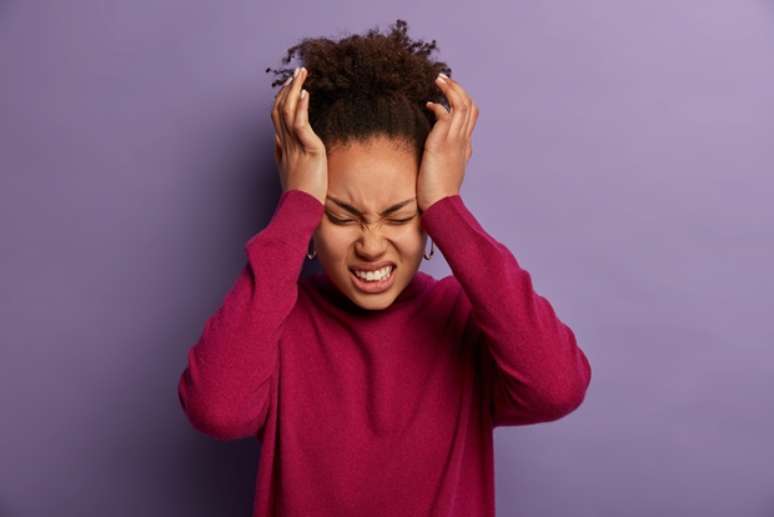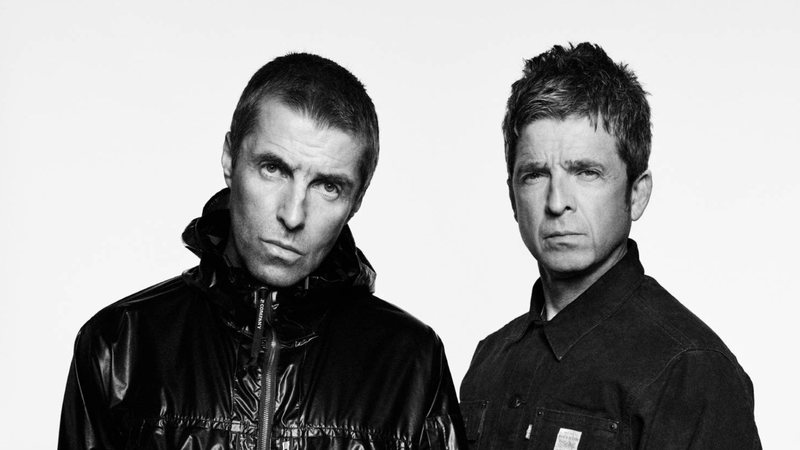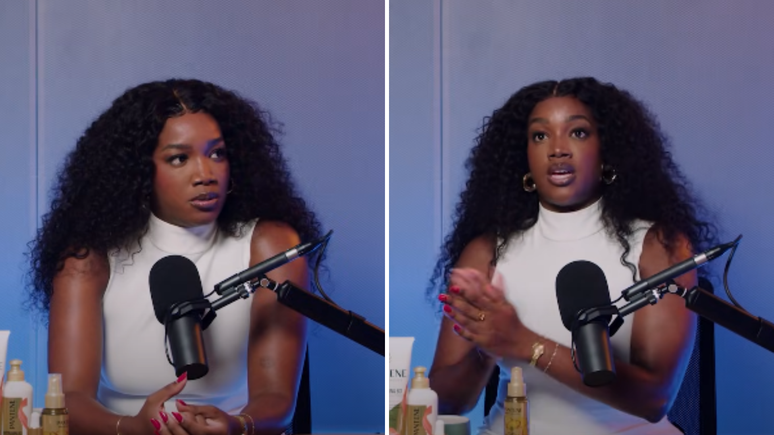Medical psychiatrist Dr. Milliane Rossafa explains how to identify the disorder and how to control seizures
Everyone already knows that anxiety is part of life, but how to deal with it when it becomes a discomfort? Brazil is the country with the most anxious people in the world, according to the World Health Organization (WHO).), and many still do not know that there is a treatment for this ailment. Psychiatrist, specialist in anxiety disorders, Dr. Milliane Rossafa explains more about this topic and gives tips on how to control anxiety and possible crises.
html[data-range=”xlarge”] figure image img.img-15678bd10eafbe04acd9b29d788c7759u3ijvusp { width: 774px; height: 517px; }HTML[data-range=”large”] figure image img.img-15678bd10eafbe04acd9b29d788c7759u3ijvusp { width: 548px; height: 366px; }HTML[data-range=”small”] image figure img.img-15678bd10eafbe04acd9b29d788c7759u3ijvusp, html[data-range=”medium”] figure image img.img-15678bd10eafbe04acd9b29d788c7759u3ijvusp { width: 564px; height: 377px; }HTML[data-range=”small”] .article__image-embed, html[data-range=”medium”] .article__image-embed { width: 564px; margin: auto 0 30px; }
According to the specialist, irritability, feeling nervous, sleep disturbances, excessive worry, memory difficulties affecting everyday life, feeling of constant alertness may be associated with physical symptoms such as chest pain, lack of air, tingling in the hands , intestinal alterations, among others.
Generalized anxiety disorder affects the “inner alarm” called the amygdala, a brain region also known as the emotional part of the brain, according to Rossafa. Milliane is also a specialist in depressive disorders, chemical dependency, ADHD and many other mental disorders in adults.
“The first way to help yourself is to not get in the way. Excessive coffee, lack of exercise, disordered sleep, energy and alcoholic beverages, lack of routine are some factors that make anxiety worse. The fact is that treatment covers several factors and the patient can start by eliminating what hurts him and together learn specific techniques”, explains the psychiatrist.
Suggestions:
1. Diaphragmatic Breathing: Place your hand on the abdomen below the chest and above the navel (it is the abdomen that goes up and down in this breath, not the chest). Inhale slowly through your nose for 4 seconds; hold the air for 2 seconds and release the air in 6 seconds through the mouth. Perform the technique up to 4 times when you are in an anxiety crisis.
2. Mindfulness, “brain training”: it is the practice of focusing on the present, through anchors such as breathing, the body. The practitioner concentrates on breathing and sensations in the body, in the environment in which it is inserted. It’s normal to be distracted during the process. Bringing attention back to the breath is part of the training.
3. Exercises: In general, any exercise can help, but when it comes to trying to calm the mind and reconnect it to the body, studies have shown that Yoga is a great technique to adhere to.
4. Cognitive behavioral therapy: It is also one of the effective psychological approaches to treating anxiety. CBT understands how each person sees, feels, and thinks about a situation that causes discomfort, pain, discomfort, sadness, or any other negative feeling. The main objective is to identify the patterns of behavior, thought, beliefs and habits that are at the origin of the problems, indicating, starting from this, the techniques to change these perceptions in a positive way.
5. Drug use: Selective serotonin reuptake inhibitors are the first choice, which are safe and non-addictive drugs (sertraline, fluoxetine and escitalopram). The goal is for the patient to change their lifestyle, including food, so that the treatment is successful. Not to mention that thyroid disorders, heart problems and other medical conditions can generate anxiety.
Psychiatrist Milliane Rossafa also points out that each case is assessed individually, ‘So, the drug that works for one person may not work for another. intense,” he says.
Still according to the specialist, until the treatment starts to take effect, the responsible use and medical follow-up of these drugs helps many people. The drugs take a few days to take effect, on average 4 weeks, so it is often recommended to use anxiolytics (popularly known as tranquilizers), temporarily, alongside the main treatment.
“The anxiety that every human being has and protects us in some way from the beginning and becomes a disorder when it starts to affect your life,” concludes psychiatrist Dr. Milliane Rossafa. During the ‘Silently’ course on anxiety, the specialist teaches techniques in a simple way for those who are anxious. In 14 classes, specialists such as cardiologists, acupuncturists and nutritionists also give advice. Rossafa shares and answers her questions every day on her social network @dramillianerossafa.
Website: https://www.instagram.com/dramillianerossafa/
Source: Terra
Ben Stock is a lifestyle journalist and author at Gossipify. He writes about topics such as health, wellness, travel, food and home decor. He provides practical advice and inspiration to improve well-being, keeps readers up to date with latest lifestyle news and trends, known for his engaging writing style, in-depth analysis and unique perspectives.






![Tomorrow we belong to: What awaits you in the 1945 episode, Friday, May 16, 2025 [SPOILERS] Tomorrow we belong to: What awaits you in the 1945 episode, Friday, May 16, 2025 [SPOILERS]](https://fr.web.img3.acsta.net/img/84/68/8468c32cc15d315a9d038fa7b0017ef5.jpg)


